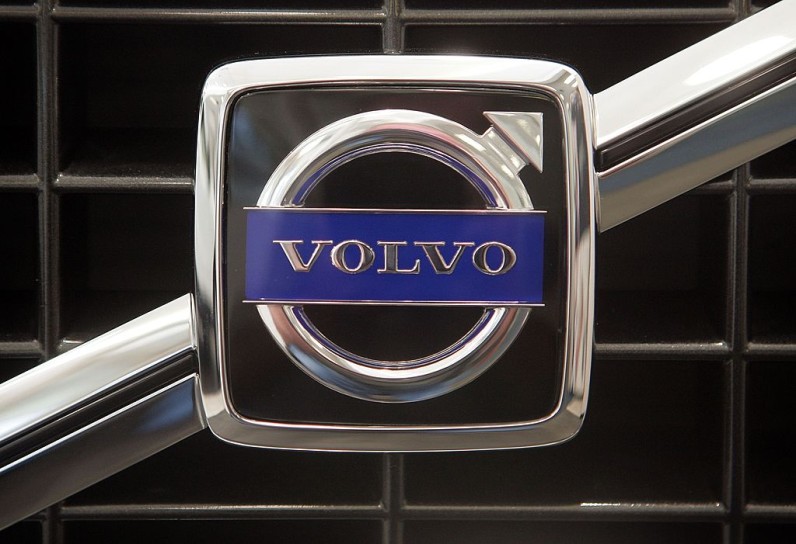
Volvo Cars has announced plans to produce a new hybrid vehicle in the United States before the end of the decade, aiming to strengthen its presence in the US market and respond to changing tariff policies under President Donald Trump's administration.
The hybrid model, which hasn't been named yet, will be built at Volvo's South Carolina factory.
This move is expected to increase the plant's use, which currently produces only two models: the all-electric EX90 SUV and the Polestar 3.
However, both models make up just a small share of the plant's full yearly capacity of 150,000 vehicles, Reuters reported.
"By adding another model into production here, we'll take a big step toward realizing the full potential of our local manufacturing investments and workforce," said Luis Rezende, head of Volvo Cars' operations in the Americas.
The decision comes as car makers around the world adjust to US tariffs on foreign-made vehicles. These tariffs, introduced as part of Trump's efforts to boost local manufacturing, have led companies like Volvo to rethink where and how they build cars.
Volvo Cars to produce new vehicle in US as tariffs pressure auto supply chains https://t.co/KOqokfYLpb pic.twitter.com/twGuPMfALl
— New York Post (@nypost) September 23, 2025
Volvo to Boost US Production with New Hybrid and XC60 SUV
CEO Håkan Samuelsson said the new hybrid is designed mainly for US drivers. "It will take time until America is electric everywhere," he explained.
He described the vehicle as "more an electric car, but with a Plan B. When the battery is flat, you have a combustion engine kicking in, but normally you'd drive it electric."
According to USA Today, this plan follows an earlier announcement that Volvo will begin producing its XC60 SUV at the South Carolina site starting in late 2026. That popular mid-size SUV is expected to help further increase local output.
Volvo has long been known for its push into electric vehicles. The company once aimed to fully phase out gas-powered cars by 2030. But last year, it adjusted its goals, choosing to keep hybrids in its lineup for the time being.
The timing of the hybrid news also lines up with Volvo's 70th anniversary in the United States — a market the company considers key to its long-term growth.
Meanwhile, a trade deal made in July between the US and the European Union would reduce tariffs on European cars from 27.5% to 15%.
However, the deal has not yet taken effect, leaving U.S.-made cars like the EX90 facing high costs abroad. Still, Samuelsson remains hopeful. "With this 10% reduction, we have the possibility to grow," he said, referring to Volvo's European sales.







Join the Conversation